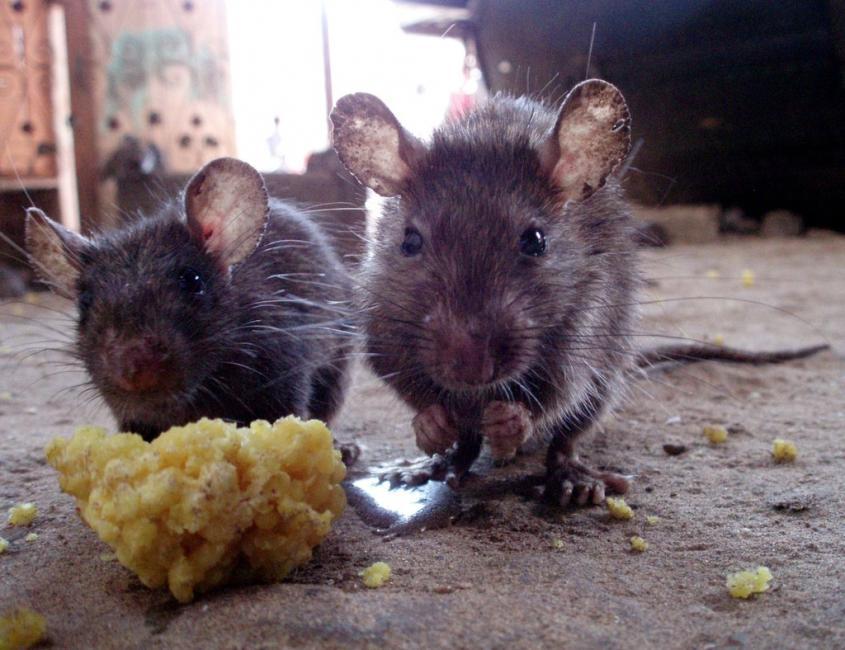Rats are an adaptive species and are often unwelcome. Despite personal feelings, rats are essential to local ecosystems. That said, wildlife control in Okanagan often gets reports of damaged vehicle wiring and infestations in cars. The presence of rodents in automobiles seems troubling and strange to many owners, but the same things that attract rats to a home can attract them to a car. The problem is damages in cars usually add up much faster than damage to garages or other manufactured spaces. Wiring damage is one of the most common problems with rats living around or in cars.
Understanding Why Rats Chew Car Wires
Rats do not target automotive wiring. The animals chew on almost everything and anything because they must keep their teeth filed down. Rodent teeth continually grow.
If rats do not chew, their teeth will keep growing, even when they meet an obstacle, like the roof of the animal’s mouth. Unfiled teeth can cause infections, eating problems, and possible death.
Rats chew on car wires because they can easily access them from underneath the vehicle and inside the engine compartment. In the winter, rats might seek your car because the engine cavity is warm, and warmth and shelter are two essentials for the animals’ survival.
Preventing Rats From Chewing Car Wires
Keeping your vehicle safe against rat attacks might seem impossible if you have to park outside, but there are things you can do. Obviously, if you can park inside a garage or another secure structure, it is best. Even if you park in a driveway or on the street, there are specific techniques you can use to reduce the risks of rat infestations or damages.
1. Remove Garbage From the Vehicle
Food is one of the biggest motivators for rats and other rodents. If you keep garbage in your vehicle, especially old food containers or drink cups, you may inadvertently invite rodents into your space. Rats have a tremendous sense of smell; if something is enticing, they will do everything in their power to get to it, including chewing through plastic vent housings and casings to access the vehicle’s interior.
Rat removal specialists suggest that if you want to keep rodents out of your car, you must maintain a clean vehicle. Try to get in the habit of removing items from your car after every trip. You’ll be amazed at how quick and effective this technique is.
2. Vacuum the Car Regularly
Garbage is not always big and obvious. Eating in your car might leave remnants of your meal behind on the seats and the carpet. Crumbs are a satisfying meal for many rodents because they do not require much.
Vacuum your car regularly to reduce the amount of food waste that ends up on the floor or in the seat cushions. Vacuuming once a week or even once per month should be enough depending on how often you eat in your vehicle.
3. Avoid Keeping Anything Enticing In or Around Your Car
To keep rats away from your car wiring, you’ll want to keep the area around your vehicle clean. Usually, people motivate rats to come into an area near their car before the animals focus on getting into it. Maintaining a clutter-free environment should significantly reduce the odds of a rodent infestation.
Hiring a Professional Service for Removal and Prevention
Have you noticed rats on or near your property or where you park your vehicle? Contact Skedaddle Humane Wildlife Control to schedule a property inspection. If you have seen rats on your property, you want to figure out what is motivating them before it becomes a problem.
Skedaddle technicians help give you the tips and tools to protect your garage and your home for years to come. Often when rats make their way inside a car, they will move inside the home for more food and shelter. Our technicians use throughout property inspections to ensure any rat entry points are identified and sealed. Since rats can create quite the mess, we have a thorough decontamination process that removes the hazardous bacteria they leave behind.




